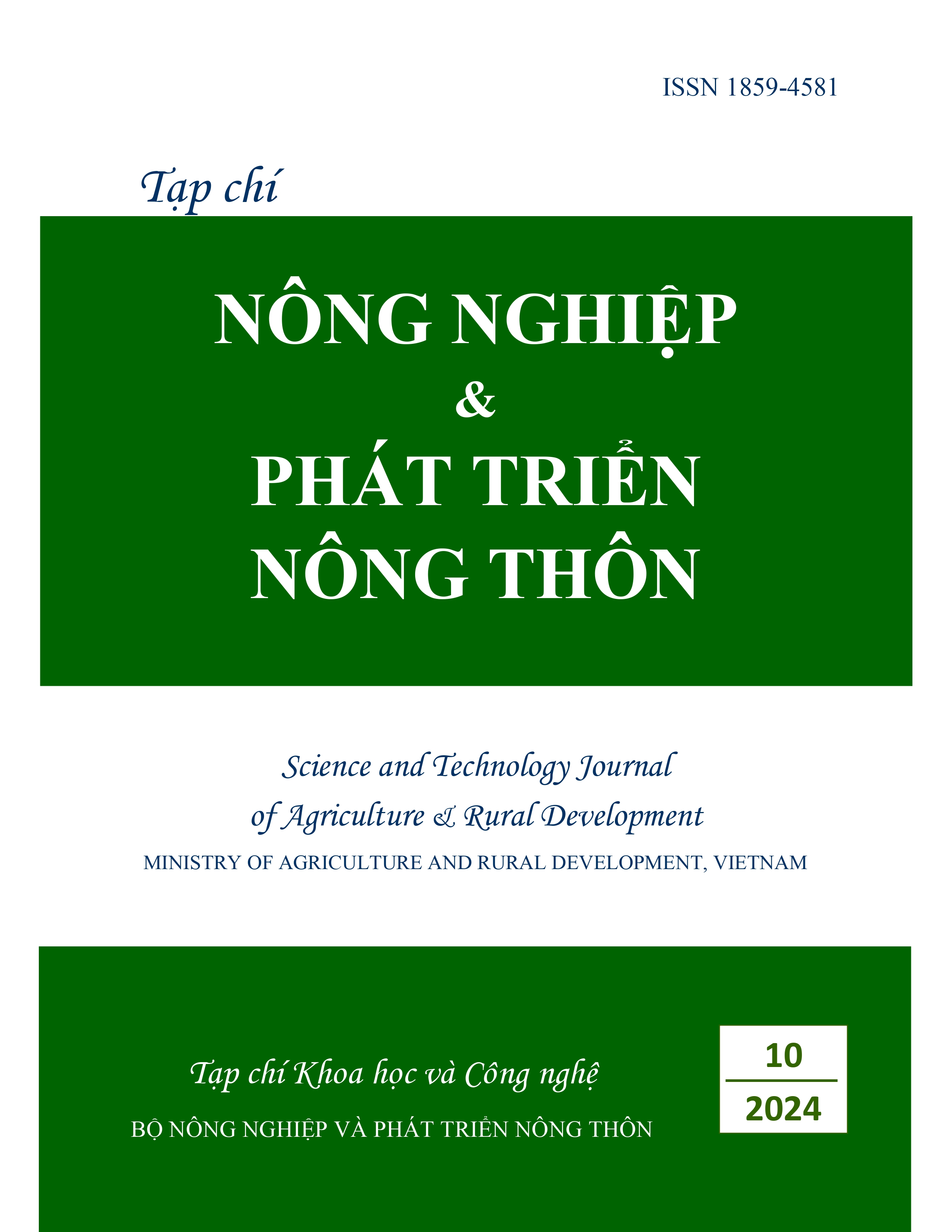ASSESSMENT OF EFFECTIVENESS OF POTASSIUM SOLUBILIZING PURPLE NONSULFUR BACTERIA TO THE GERMINATION OF HYDRID MAIZE AND RICE GRAINS
DOI:
https://doi.org/10.71254/as6n6r56Keywords:
Germination, hybrid maize grain, potassium-solubilizing bacteria, purple nonsulfur bacteria, rice grainAbstract
The experiment was conducted to evaluate the effectiveness of potassium (K)-solubilizing purple nonsulfur bacteria to the germination of hydrid maize and rice grains. The experiment was a completely randomized design with different strains of K-solubilizing bacteria Cereibacter sphaeroides M-Sl-09, Rhodopseudomonas thermotolerans M-So-11, Rhodospeudomonas palustris M-So-14, the mixture those three bacterial strains, along with different dilution rates (mL/mL) 1: 500, 1: 1000, 1: 1500, 1: 2000, 1: 2500, 1: 3000. There were three replications each of which was a Petri dish containing 10 hydrid maize or rice grains. The result revealed that the strains C. sphaeroides M-Sl-09, R. thermotolerans M-So-11, R. palustris M-So-14 were not toxic to hydrid maize and rice grains during the germination stage. On the other hand, the 1: 2500 dilution rate do not cause the toxicity in all the three bacterial strains C. sphaeroides M-Sl-09, R. thermotolerans M-So-11, R. palustris M-So-14, their mixture and showed the efficacy via vigor index of seedlings with 17.5; 12.0; 12.6; 8.72% as compared with the control, with 5.47% in maize and 9.60, 9.78, 10.0 and 11.7 as compared with the control, with only 7.31% in rice. Simultaneously, the 1: 2500 dilution rate also improved the vitality of the maize seedlings by 219.1; 102.7; 129.7; 59.2%, and rice by 31.4, 33.8, 37.3 59.8% respectively, as compared with the control.






